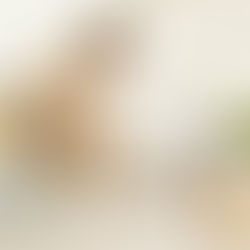Derprosa is two years ahead of the ban on the use of oxodegradable films
Print Solutions
No study can confirm that oxodegradable films can biodegrade. Given the evidence, Derprosa has discontinued the manufacturing of these films in 2019 and has redoubled its commitment to the recyclability of BOPP and the development of Nativia (PLA) for the graphic arts.
In the DNA of Derprosa there has always been, and continues to be, the code of innovation, leadership and commitment.

Derprosa has stopped manufacturing and marketing oxodegradable films, ahead of the community regulations that will prohibit them throughout the European Union effective July 3, 2021: Directive (EU) 2019/904, articles 2, 5 and 17.
The European Commission legislates based on scientific evidence confirming that the residues resulting from oxodegradation do not biodegrade. Therefore, they will be banned since this plastic waste could end up in the food chain and, ultimately, in our own food or in the water we drink.
Derprosa is committed to the manufacture of polypropylene films that can be used to laminate paper and cardboard and, after use, the laminated product can be perfectly recycled in the same channel as paper.
Derprosa is committed to totally natural alternatives, such as PLA (polylactic acid) that comes from corn, developing the Derprosa Nativia lamination range of films: industrially compostable and biodegradable. Nativia is a film with several years of use in flexible packaging and that in 2020 will have versions for the graphic arts starting in Europe.














